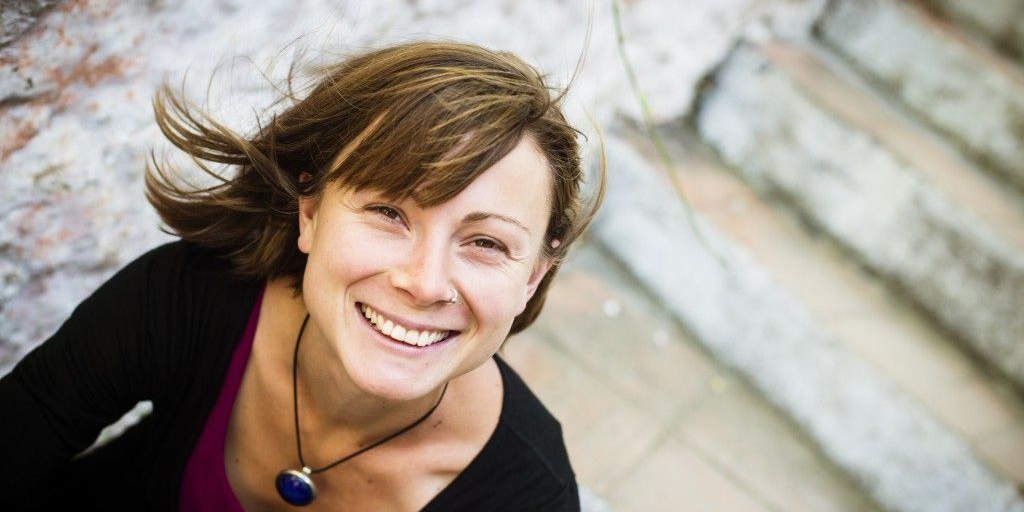During my first trip to Svaneti I got sick from talking too much in the marshrutka, a Georgian share taxi: too many passengers, lots of local roadside food and one experienced mountain driver. The marshrutka dropped us off directly at the doorstep of Mimoza’s house, a friend of one of my co-workers: more food, more wine and more chacha, the ‘Georgian grappa.’
“I will not survive this,” I remember thinking to myself. “And tomorrow I have to teach teenagers photography,” recalling the reason for this long journey.
The next morning I was surprised to see where I actually was. No snowy peaks, nor magical towers on the horizon. And I think I haven’t see anyone with the traditional Svan hat. Is this my hangover?
I had landed in a remote village full of people, houses, gardens and domestic animals running between fences, all surrounded by a pristine forest.
And still, I was feeling like home, and when I entered the local school the feeling only improved. The youngsters in Svaneti are not only good students, they are also full of talent.
Then I decided that Svaneti will become my second home: a place I’ll never stop visiting, a place full of warmth and tenderness, a place where I must reciprocate what had been offered to me.
I admire the Svan people. They are strong, passionate and proud – proud of their culture, their traditions and livelihood.
We have established a faithful, and passionate, relationship since the moment I entered their houses.
But I am worried. Plans to build 35 hydropower plants across Svaneti would change it beyond recognition, and the people I met there know their region is facing a chain of threats: climate change, loss of natural resources, and flooded lands.
The promises they have heard from both the government and the company building the Nenskra dam, the largest hydropower project in the region, are ambiguous. And if the Svans’ demands have been ignored until now, what guarantees do they have that things will not get even worse?
Tomorrow (January 17), the board of directors of the European Bank for Reconstruction and Development is expected to decide on a USD 214 million loan for the Nenskra project. If this project goes ahead, it will change the lives of people and landscape of this unique region forever.
Join my journey through Svaneti to understand what’s at stake.
Never miss an update
We expose the risks of international public finance and bring critical updates from the ground – straight to your inbox.
Location: Georgia
Project: Hydropower development in Georgia | Nenskra hydropower plant, Georgia

